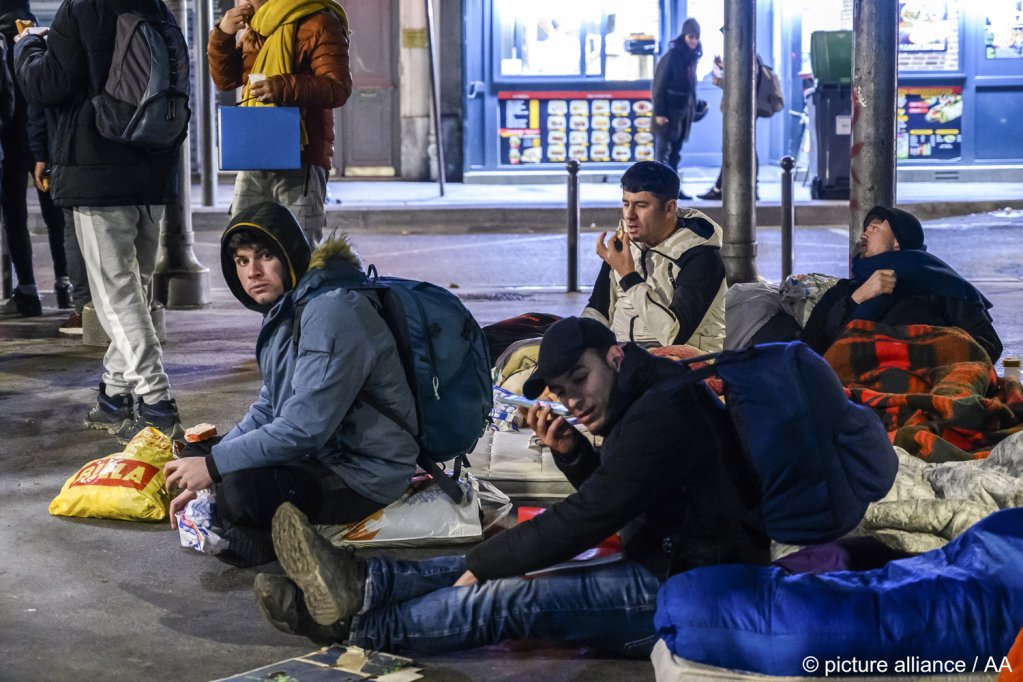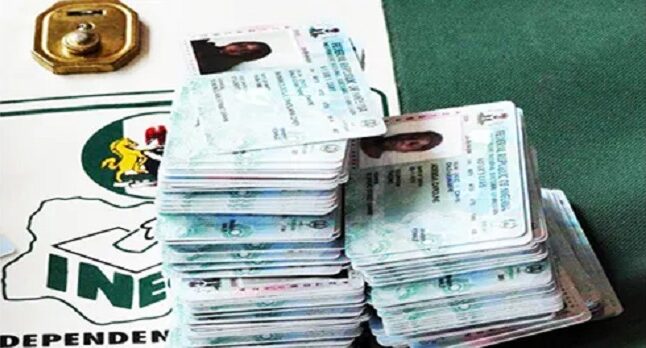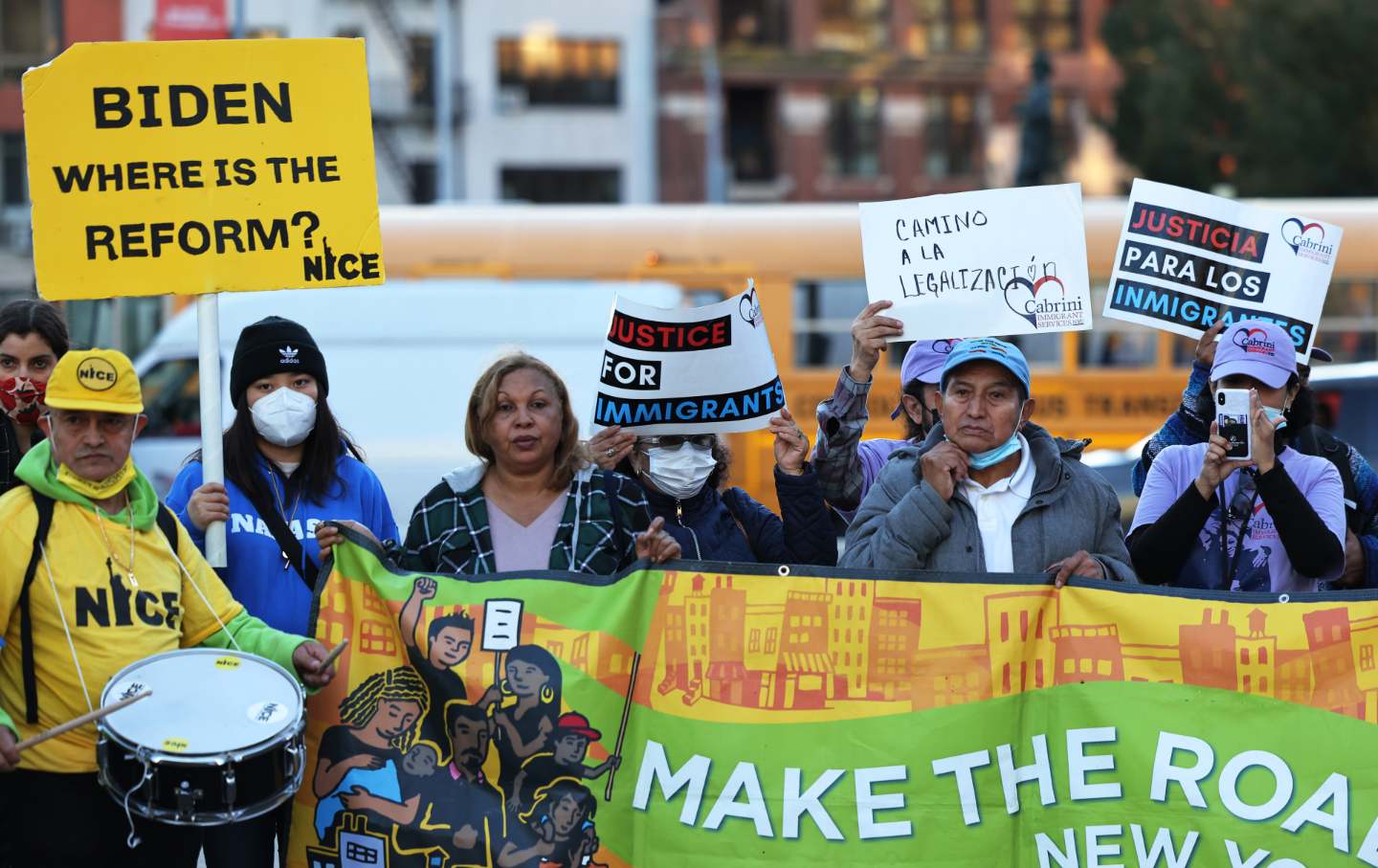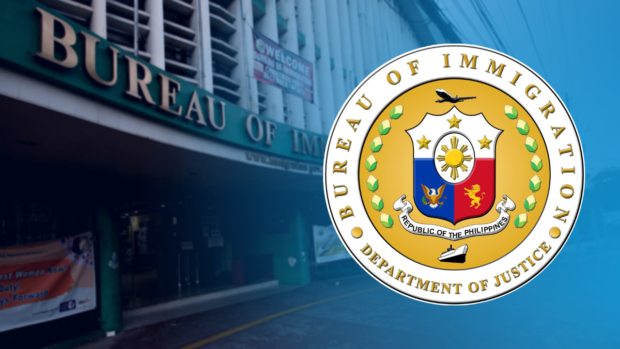What is in France’s new immigration and asylum bill?
02, Feb 2023France wants to create temporary work permits for undocumented immigrants to help fill the gap in industries suffering from labor shortages. The government also wants to add a language requirement to residency permits, and make deportation possible for migrants with French residency deemed "a threat to public order."
France has proposed yet another bill on immigration this year, the 29th since 1980.
The new immigration and asylum bill was presented to government ministers on February 1, and will now be sent to the Senate and then the National Assembly.
Migrant rights groups have already rallied against the bill’s content which they think would “further erode foreign people’s rights.” InfoMigrants takes a look at the bill’s main propositions.
Adding a language competency requirement to multi-year residency permits (“titre de séjour pluriannuel”)
The government wants to add a language competency requirement for multi-year residency permits. For now, only attendance to the OFII language classes is required to be granted a multi-year residency permit, without a competency requirement.
The bill does not plan to increase the number of those classes but it will allow employers to consider French classes as work time. The length of those classes was doubled in 2018.
Creating a temporary work permit for undocumented migrants in 'strained' industries
One of the main provisions of the bill is the creation of a temporary work permit for foreigners who have lived in France for at least three years uninterrupted, and have worked for at least eight months in industries struggling with labor shortages. The permit would be one-year long and would not open rights to family reunification.
The proposition is welcomed among unions and bosses in “strained” industries like the restaurant industry. The proposition is tied to an update of the list of “strained” industries to include professions in need who are still not listed. Migrant rights group also worry that industries relying too much on undocumented immigrants that they are not "strained" anymore could be difficult to identify and be excluded from such a list.
The right-wing party already opposes the proposition, claiming it would cause a wave of permits for undocumented migrants. Responding to such criticism, Interior Minister Gerald Darmanin said he was ready to compromise. “Among the LR [right-wing party], some say we should create quotas to limit the number of permits we give. Let’s talk about it,” he said this weekend in French newspaper Le Parisien.
Increasing fines for employers hiring undocumented migrants
The work provisions of the bill also plans on increasing fines for employers making people work illegally. The bill says that “the maximum amount for a fine is €4,000 and can be multiplied by by the number of workers in that situation.” The amount can be doubled if the law is breached within two years of the last fine.

Allowing certain asylum seekers to work as soon as their application starts being reviewed
The bill says that “working can be allowed as soon as the application for asylum is sent by an asylum seeker from a country on a list decided upon yearly.” The list has not been revealed but should be primarily directed at Afghans, who are the nationality granted asylum the most, according to Eurostat.
For now, asylum seekers are not allowed to work during the first six months during which their application is being reviewed.
Reducing the number of judges to one in asylum appeals court
Currently, asylum seekers in regular asylum procedure are judged by three people: a president and two special judges. Last September, Raphaël Maurel, researcher and general secretary of the public ethics observatory, stressed in Liberation that “one [of the special judges] is named by the State Council (Conseil d’Etat), and the other, often an academic or someone with international on-the-ground experience, is designated by the United Nations’ Refugee agency, UNHCR.”
The bill plans to reduce the number of judges to one. This proposition is criticized by many rights groups who say this would hurt asylum seekers’ claims. “Only collegiality [having three judges] guarantees that the applicant will be sufficiently listened to and interrogated,” Raphaël Maurel wrote.
Making it easier to deport foreigners deemed a 'threat to public order'
The bill most of all aims at easing the deportation of foreigners deemed a “threat to public order,” through a “structural” reform of asylum and foreigners litigation. Rights group worry the vague legal definition of what that "threat" entails leaves too much discretion to authorities.
The government also wants to legalize “forcing fingerprinting and picture-taking of irregular foreigners found at the border.”
In addition, the government is bringing back a proposition from the separatism law previously censored by the constitutional court in 2021 to “make possible the rejection, withdrawal or non-renewal of some permits” in cases where “principles of the Republic” are not respected, such as gender equality or sexual freedom.
Adapted by Arno Pedram
 Immigrant spouses who want to come to the US are forced to learn to play along with the state's idealized version of the American family.
1 year ago
Immigrant spouses who want to come to the US are forced to learn to play along with the state's idealized version of the American family.
1 year ago
 The Edge Markets
Immigration Dept activates Quick Response Team to overcome congestion at KLIA, klia2 and JB Causeway
1 year ago
The Edge Markets
Immigration Dept activates Quick Response Team to overcome congestion at KLIA, klia2 and JB Causeway
1 year ago








